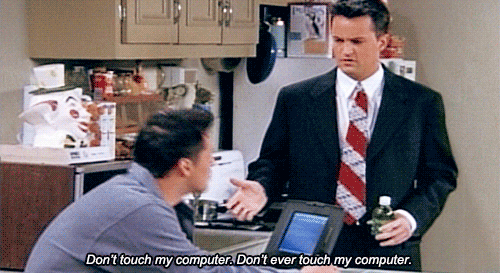Unless you have been living under a rock and you think that Brexit is a type of cereal, you’ll have noticed there was a ‘little’ referendum earlier this week. Most students, whom this blog is aimed at, (75% in fact) voted for the UK to remain in the European Union. But it wasn’t enough. The resentment and tensions that have split the country in the past few days have been unprecedented, and there are many people who feel cheated by the result. Young students feel let down by the older generation – the over 65s especially, 60% of which voted leave. The backlash on social media has been extraordinary. Anger from the remainers at the result. Anger from leavers who feel that frustrated remainers are being sore losers. Anger from leavers at policy u-turns already from the leave camp. Anger at those who voted out but didn’t actually think it would happen. Tensions through the country are at fever pitch, and this is quite honestly a rather scary and worrying time for the UK.
What does this decision mean for students and the higher education sector in general? The vast majority of higher education receives a considerable amount of funding through EU institutions and, quite understandably, this will place pressures on universities and concern students who may lose financial support through the cancellation of this funding. Last Monday, the heads of 103 universities issued a letter expressing their concerns over Brexit, cautioning voters that the power of universities over communities should not be underestimated. The signatories added; “Every year, universities generate over £73 billion for the UK economy – £3.7bn of which is generated by students from EU countries, while supporting nearly 380,000 jobs. Strong universities benefit the British people – creating employable graduates and cutting-edge research discoveries that improve lives”. Following the result, NUS President Megan Dunn has written to David Cameron seeking his assurance that students and the younger generation would be thoroughly consulted “in any decisions made, not just older generations”. Dunn added; “This result will have vast, wide-ranging implications for students and their futures. The voice of students and young people must be heard and represented as critical decisions are now made as to how we move forward. We know that this decision will affect young people more than any other, and it would be wrong that older generations dominate discussions and decisions.” Dunn mirrors the atmosphere among most students. There is a genuine fear, not just for their places in higher education, but their future careers. This is where frustrations lie. I am in no way suggesting that the older generation should not be allowed to vote, democracy is a wonderful treasure. However, what I will say is that there should have been a bigger sense of responsibility among the older generation. Yes, it is their country as much as ours but they are creating a future in which we have to live in.
A study carried out before the referendum, identified that leaving the EU would lead half of employers to reduce the amount of graduates they hire. The study cited that the reason of downsizing would be due to the impact on the economy, the general uncertainty and a lower pool of EU graduates able to apply for jobs. Whilst it was found that a minority of employers would employ more British graduates to compensate for fewer EU graduates, the majority would pay for work permits to maintain the current level of EU graduates, or reduce their operations in the UK. Lucrezia Reichlin, economics professor at London Business School and former head of research at the European Central Bank says “the real question is what happens five years from now, after the loss of access to the single market. There might be a gain from taking control of immigration, but jobs will be threatened when companies find it harder to export to Europe. Ironically, the people who voted for Brexit will probably be the biggest losers”.
Catherine Barnard, a professor in European Union law at the University of Cambridge says: “Since we project that Brexit would lead to a decline in economic activity, we naturally expect that Brexit would lead to job loss too.” She estimates that around 550,000 jobs will be lost by 2020. Steve Coulter, who teaches political economy at the European Institute of the London School of Economics, agrees: “Brexit would lead to a fall in growth, jobs and investment in almost all scenarios.”
With forecasts of fewer jobs and higher prices, the choice to vote leave becomes increasingly – and frustratingly – bizarre. There were of course compelling arguments from the leave camp over Brexit, but not concerning students and higher education. This has been a lose-lose situation for them. Even though a large majority of students voted to remain, it is clear that there are many in the 18-24 age bracket who were disillusioned over the situation and simply didn’t vote. From a students point of view, the EU referendum result is not a happy one. University funding is due to be affected, and the job market for graduates looks much bleaker. I am sure that this will increase and improve again, but by how much? Is it going to be by enough to justify the leave vote and years of job loss? I think not. Worrying times lie ahead.


Recent Comments